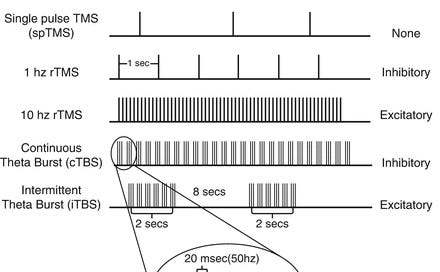I’m going to think through an issue with my readers. I’m stuck with a problem to resolve! A little bit of backstory will help.
When I’m not writing this, I’m a practicing psychiatrist, and I treat patients with Transcranial Magnetic Stimulation (TMS) to treat brain disorders. TMS is a methodology, not a single treatment.
In brief, for new readers, a brain is an electrical system. Magnetic stimulation (using a pattern of electromagnetic pulses) can harmlessly pass through the scalp and skull, noninvasively into the brain, and create a pattern of neurons firing electrically in the brain. It’s like an external pacemaker for your feelings— or, maybe, a metronome for helping your emotions play in time with your world.
This treatment modality was initially developed as a treatment for depression by Dr. Mark George, among many others, and was FDA-approved in 2008.
However, the treatment has parameters. We know depression can be treated with “medicine,” but you’d want to know “which one,…



